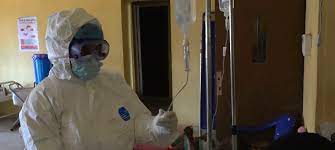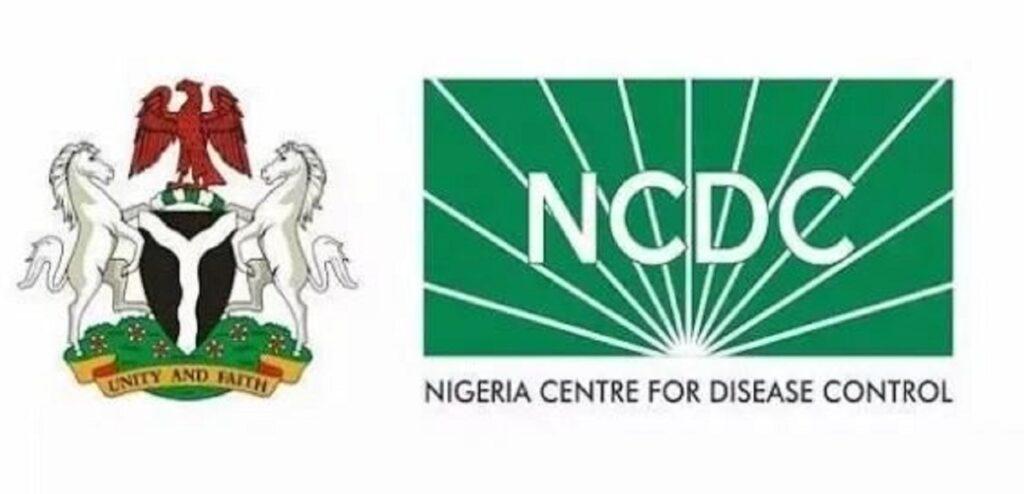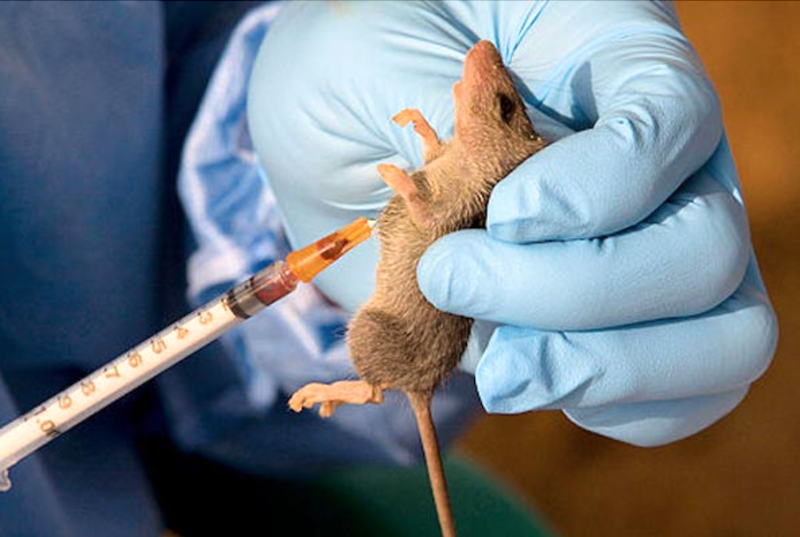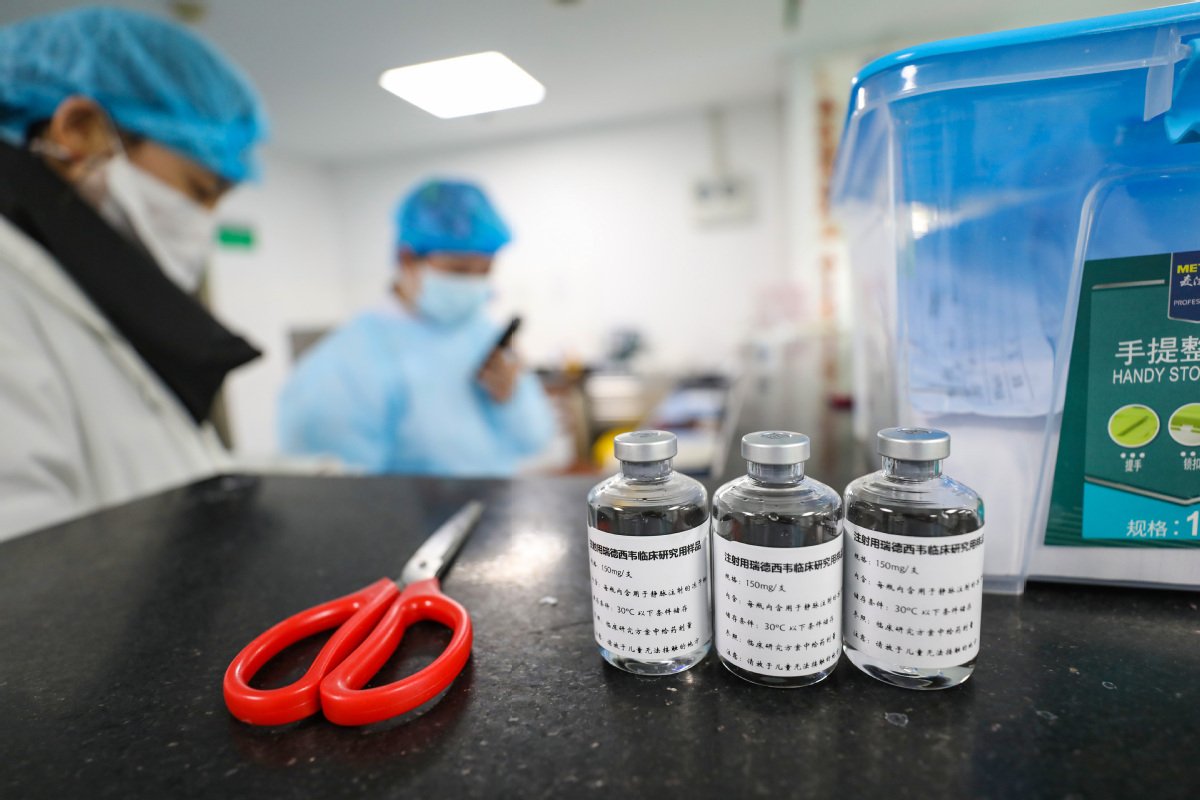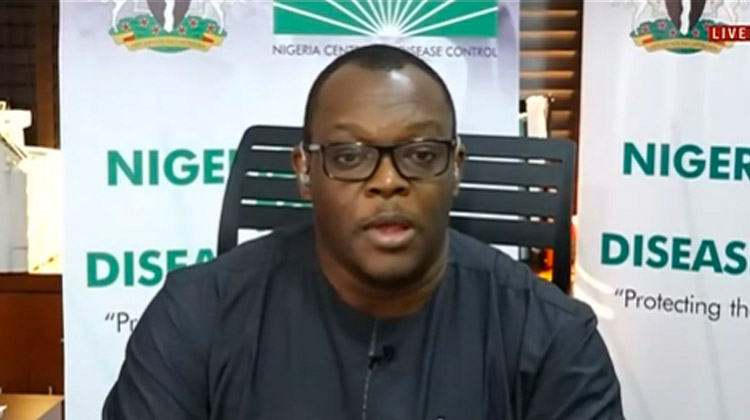The death toll of Lassa fever in Nigeria so far this year has risen to 142, according to the Nigeria Centre for Disease Control and Prevention.
In its eleventh-week Lassa fever situation report, the NCDC said there had been a total of 784 confirmed cases recorded from 23 states and 97 local government areas since the beginning of the year.
TheNewsGuru.com (TNG) reports that a total of 3,826 suspected cases were recorded from January to March 19, 2023.
With the current death toll, the public health institution noted that the case-fatality ratio of the outbreak stood at 18.1 percent.
It added that the predominant age group affected in the country was 21 to 30 years, with the male-to-female ratio for confirmed cases being 10:9.
According to the World Health Organisation, Lassa fever is an acute viral hemorrhagic illness caused by the Lassa virus, a member of the arenavirus family of viruses. Humans usually become infected with the Lassa virus through exposure to food or household items contaminated with the urine or faeces of infected Mastomys rats. The disease is endemic in the rodent population in parts of West Africa.
Lassa fever is known to be endemic in Benin, Ghana, Guinea, Liberia, Mali, Sierra Leone, Togo, and Nigeria, but probably exists in other West African countries as well.
The report read in part, in week 11, the number of new confirmed cases decreased from 70 in week 10 2023 to 38 cases. These were reported from Edo, Ondo, Ebonyi, Bauchi, Taraba, Benue, Rivers, Plateau, and Nasarawa States.
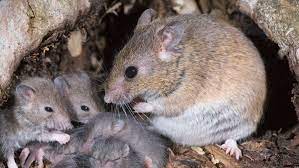
“Cumulatively from week 1 to week 11, 2023, 142 deaths have been reported with a case fatality rate (CFR) of 18.1% which is lower than the CFR for the same period in 2022 (18.7%).
In total for 2023, 23 States have recorded at least one confirmed case across 97 Local Government Areas.
“Seventy-one of all confirmed Lassa fever cases were reported from these three states (Ondo, Edo, and Bauchi) while 29% were reported from 6 states with confirmed Lassa fever cases. Of the 71% confirmed cases, Ondo reported 32%, Edo 29%, and Bauchi 10%.”
The report showed that one new Healthcare worker was affected in reporting week 11.
The number of suspected cases increased compared to that reported for the same period in 2022
